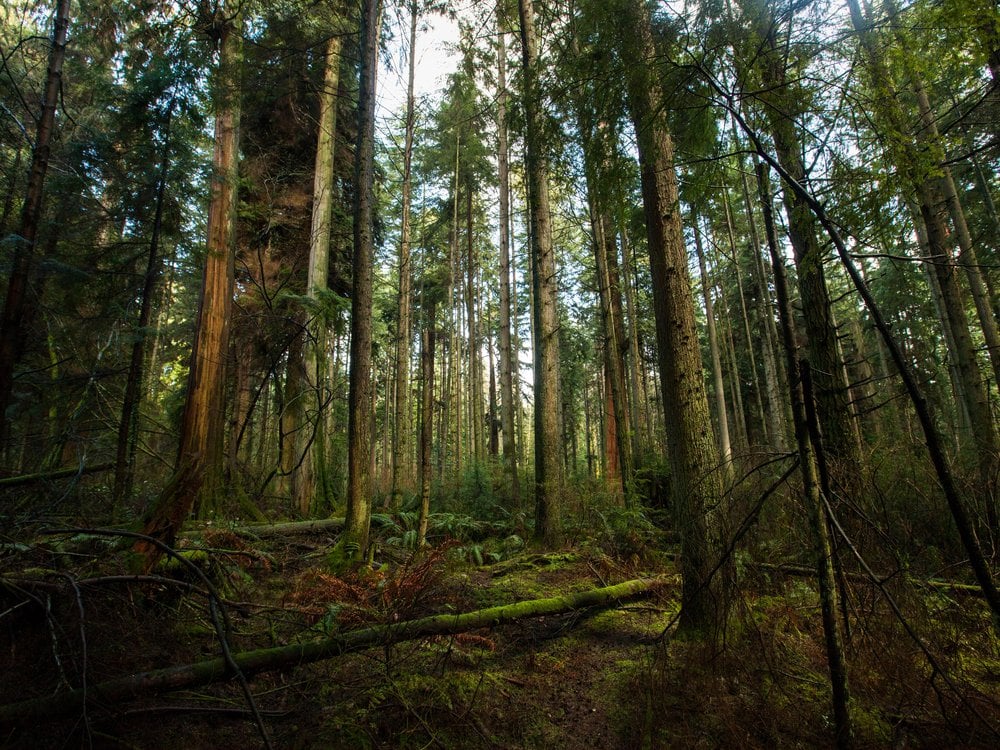In the interest of evidence-based decision-making we concede that Toronto did experience a brutal, record heat wave that forced the city to take emergency steps. Facts are facts. And we won’t make any snide remarks about thinking Toronto is Canada. Instead we’ll make the snide remark that it happened so long ago it was the “Toronto Daily Star” that reported it being over 100 in the shade, with hundreds dead and apples cooking on trees as a western heat wave entered the inhabited part of the country. In July 1936. Because yes, the 1930s were the hottest decade on record here and in the United States.
News media, as well as politicians, have a peculiar habit of stating as fact that we’re seeing unprecedented extreme weather without bothering to look it up. They don’t check current records to see whether the number of forest fires and floods is increasing before citing a “rash of floods and forest fires across the country” or claiming “frequent and intensifying weather events caused by climate change” or hollering about “RELENTLESS RAINFALLS. FEROCIOUS FIRES.” And they don’t look in the archives to see what things were like in previous decades. Including the infamous Washington Post report from 1922 about a warming Arctic. Even Snopes admits the latter was real while dismissing it as a purely local event. But in fact the early 20th-century warming continued until the Arctic passage was navigable in the 1940s before closing up again as the area apparently cooled into the 1970s.
One heat wave does not a trend make, of course. But if it doesn’t in 1936, it doesn’t in 2016 either, especially when the latter doesn’t come anywhere near to the former.


